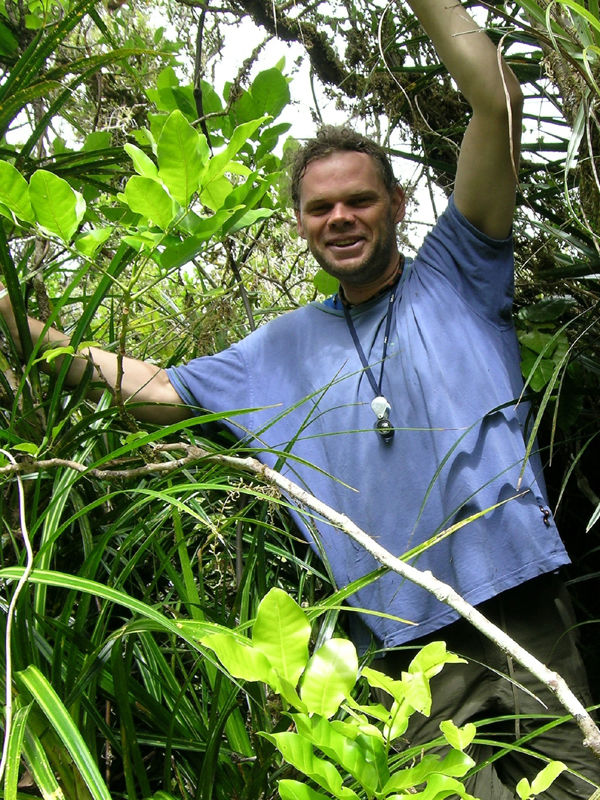Photographer(s):S. Grant(c) (c) Unspecified
Plants and fungi are essential to life on earth—key components of the planet’s ecology, biodiversity, climate, and human cultures. The study of plants and fungi is fundamental to medical science, conservation, genetics, agriculture, food-web studies, soil science, climate studies, anthropology, and many other fields. Field Museum botanists are leaders in the study of plant and fungi evolution, ecology, biogeography, environmental/climate impact, plant-animal interactions, and more.
Plants and fungi are essential to life on earth—key components of the planet’s ecology, biodiversity, climate, and human cultures. The study of plants and fungi is fundamental to medical science, conservation, genetics, agriculture, food-web studies, soil science, climate studies, anthropology, and many other fields. Field Museum botanists are leaders in the study of plant and fungi evolution, ecology, biogeography, environmental/climate impact, plant-animal interactions, and more.
A glimpse of The Field Museum's Botany Department, with over 2 million specimens and a network of passionate researchers:
Related content,People
Current Staff
Showing 9 of 9
 Darlene Dowdy-PritchettCollections Assistant, Bota...
Darlene Dowdy-PritchettCollections Assistant, Bota... Kimberly HansenCollections Manager, Angios...
Kimberly HansenCollections Manager, Angios... Lucia KawasakiCollections Specialist, Bot...
Lucia KawasakiCollections Specialist, Bot... Matthew NelsenSr. Research Scientist
Matthew NelsenSr. Research Scientist Matthew Von KonratHead, Botany Collections, a...
Matthew Von KonratHead, Botany Collections, a... Richard ReeMacArthur Curator of Flower...
Richard ReeMacArthur Curator of Flower... Thorsten LumbschVice President, Science; Cu...
Thorsten LumbschVice President, Science; Cu... Wyatt GaswickAssistant Collections Manag...
Wyatt GaswickAssistant Collections Manag... Yarency RodriguezCollections Assistant, Bota...
Yarency RodriguezCollections Assistant, Bota...
Former Staff and Collaborators
Showing 2 of 2
| John Engel | Curator Emeritus |
| Christine Niezgoda |